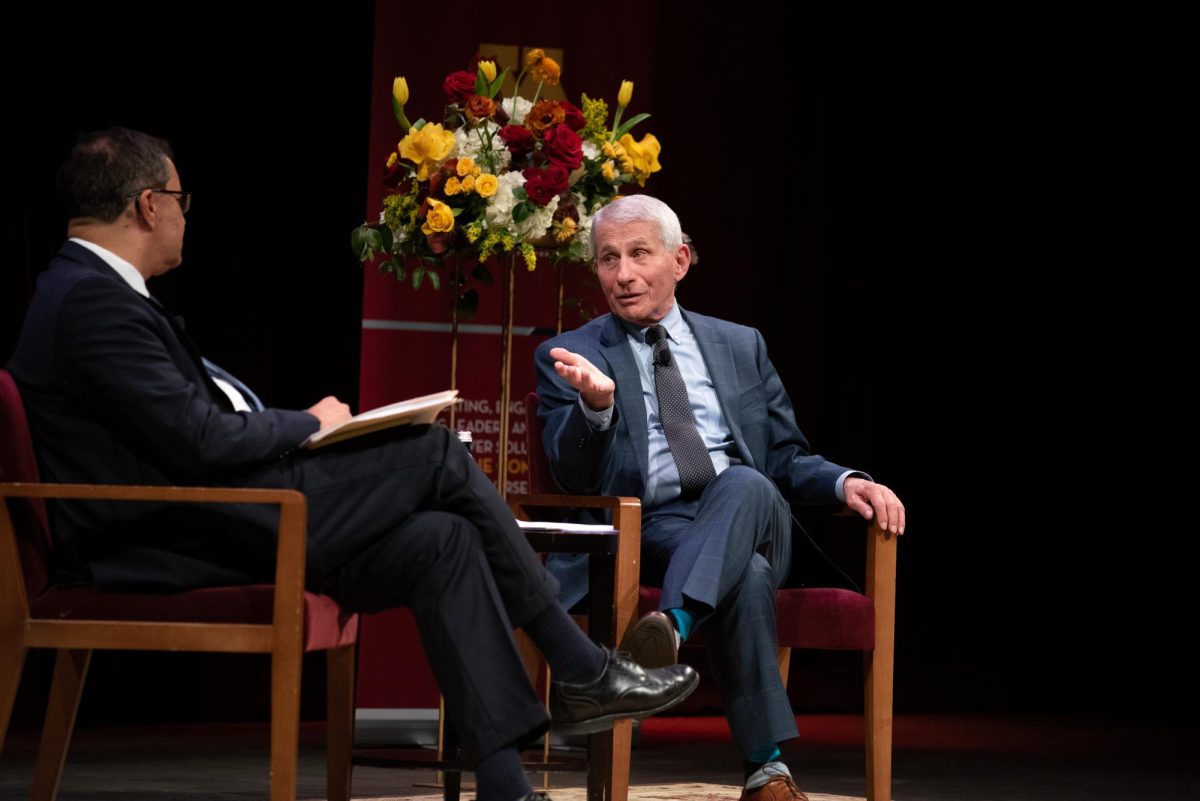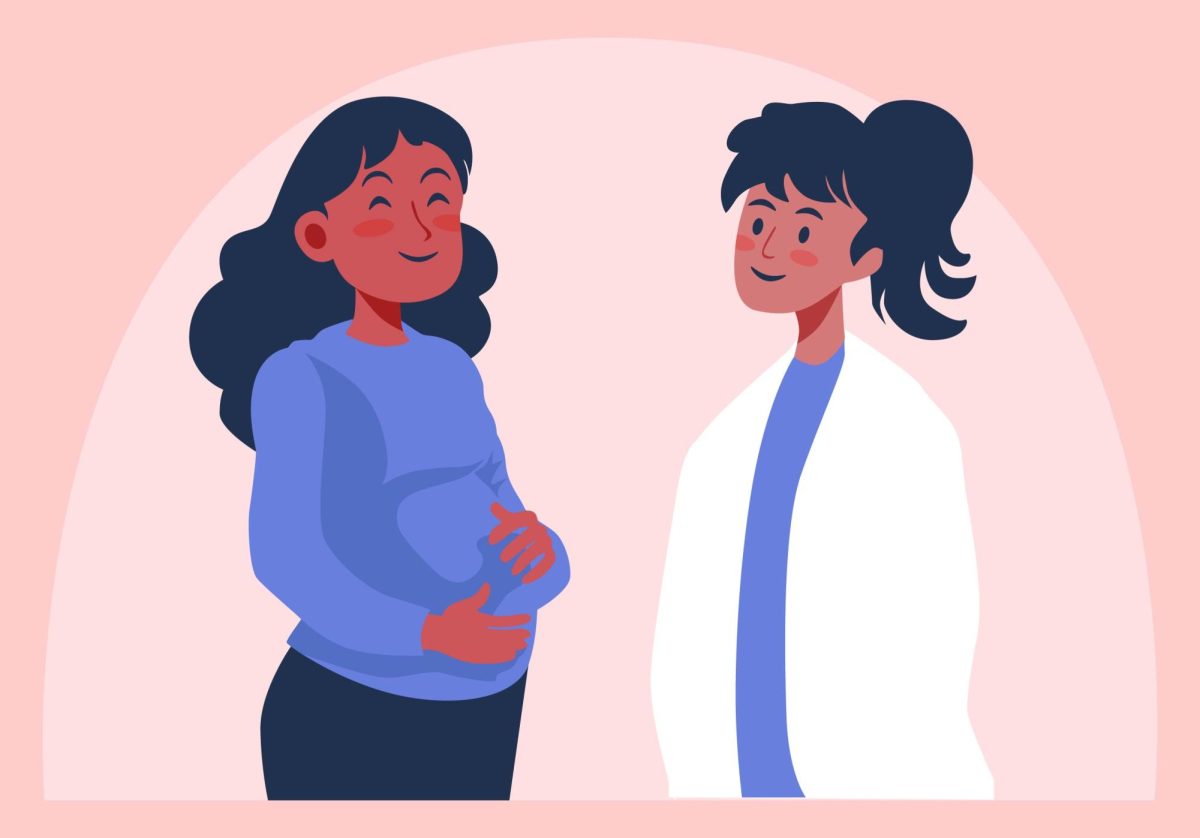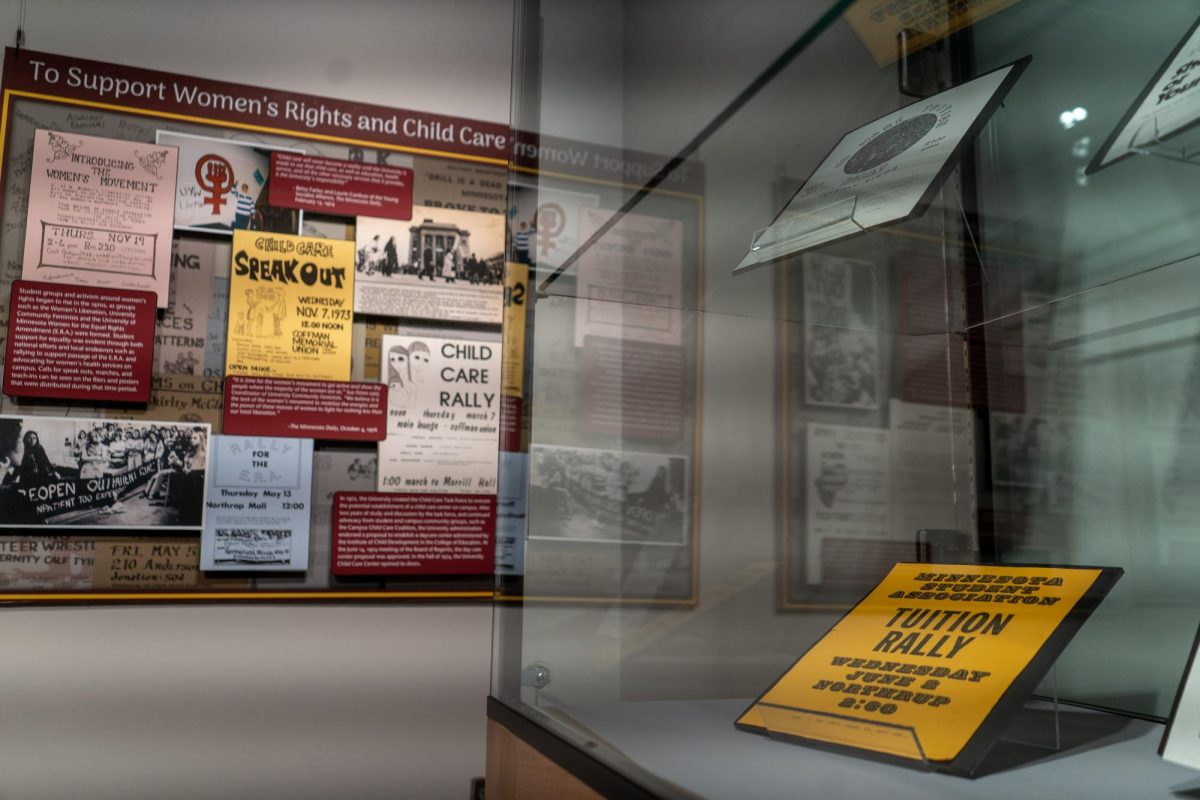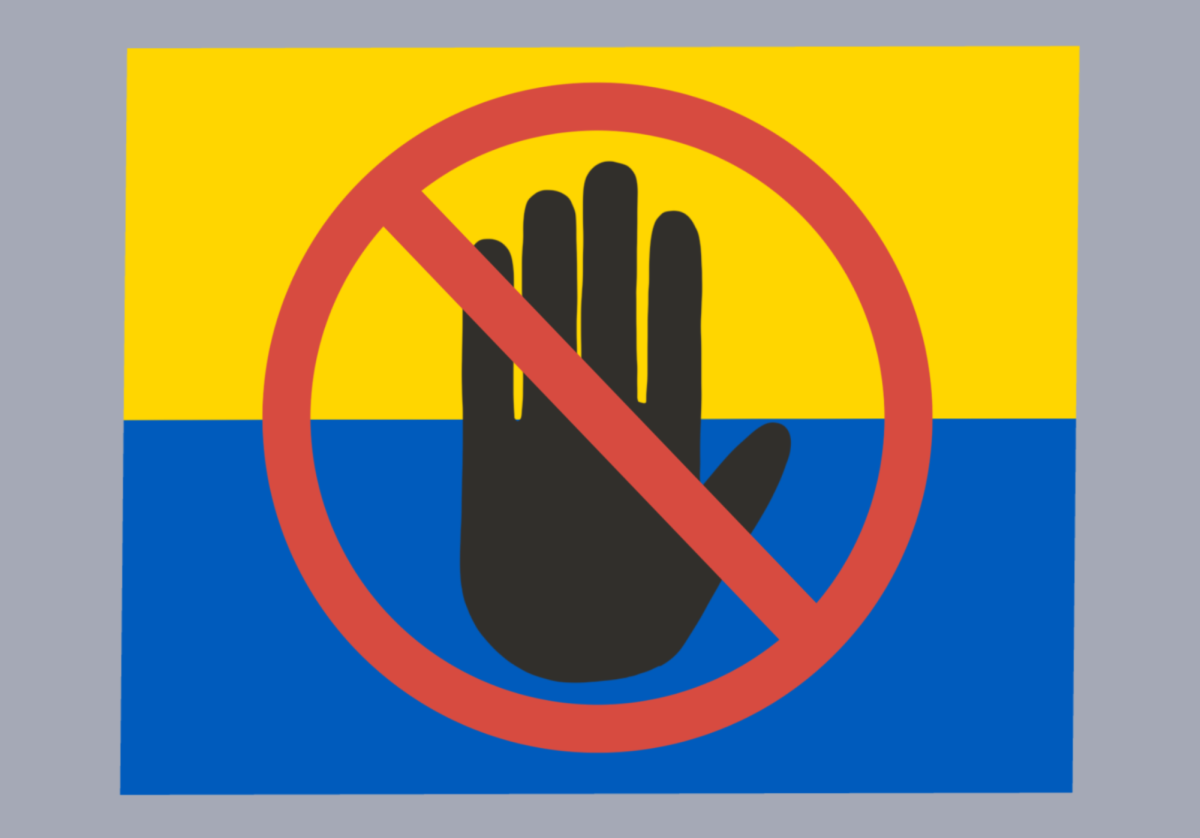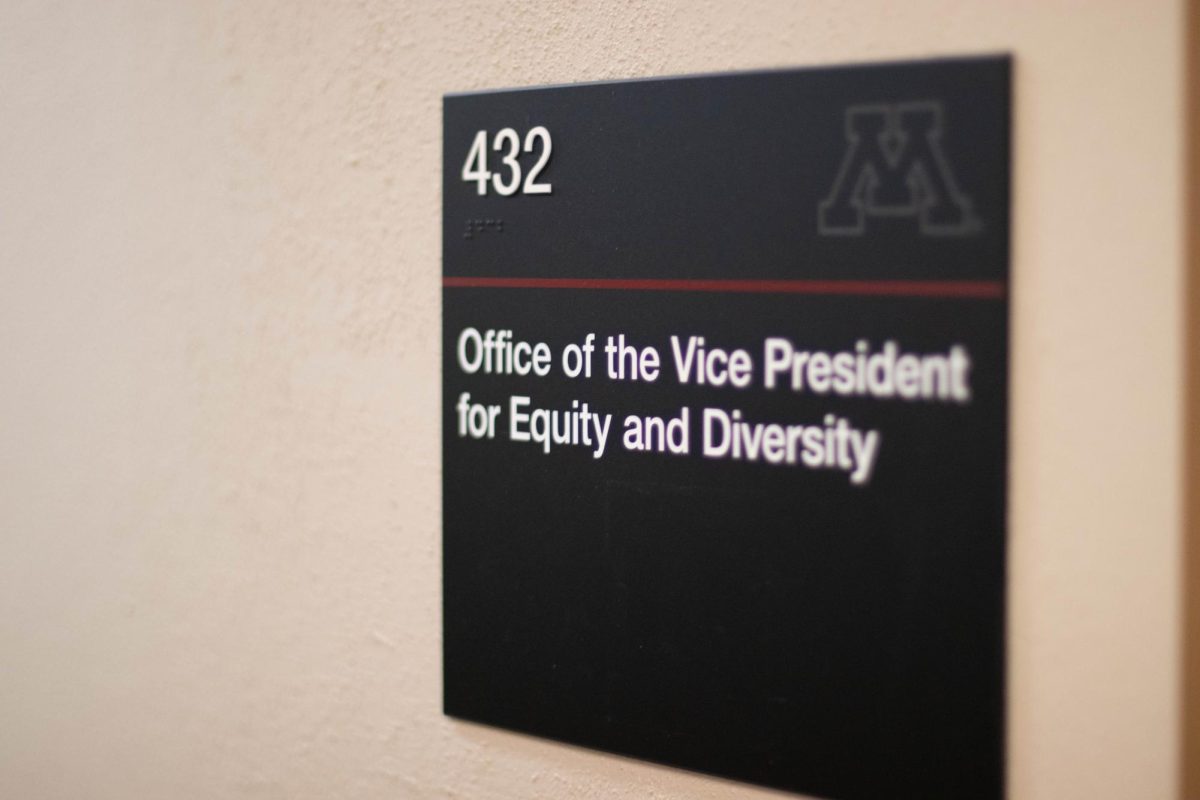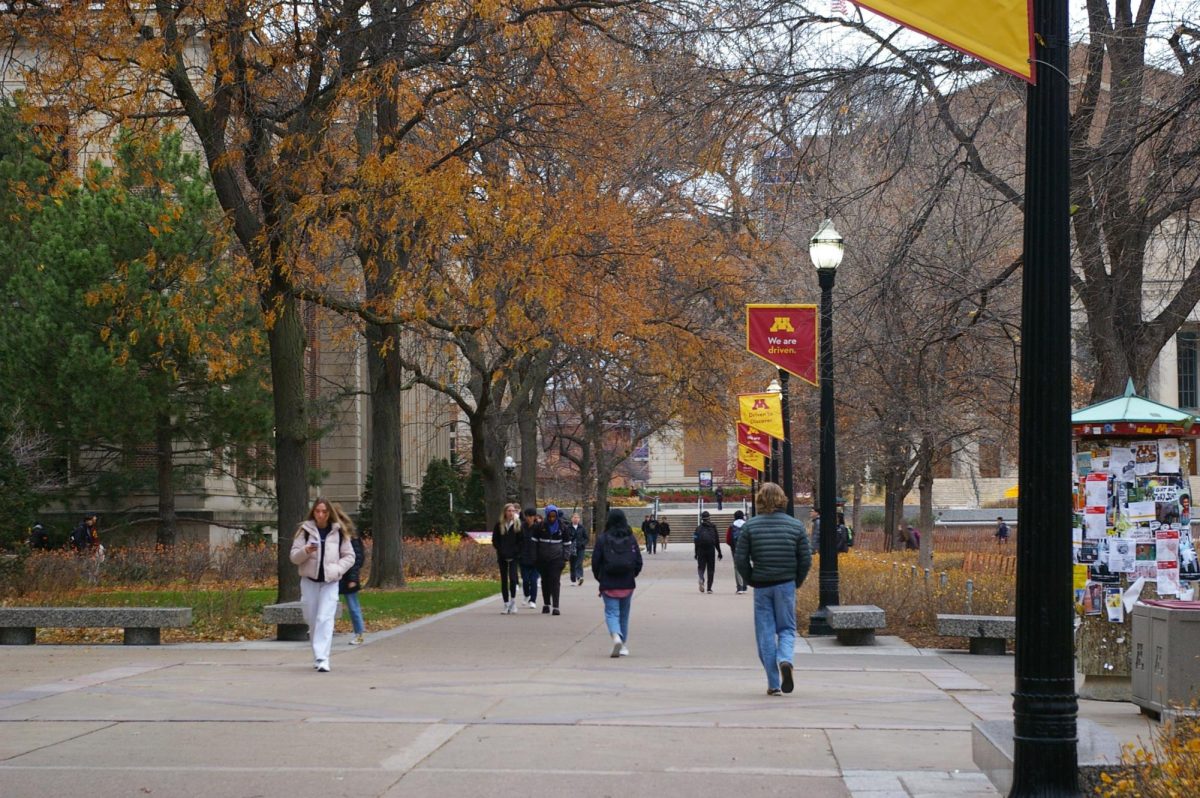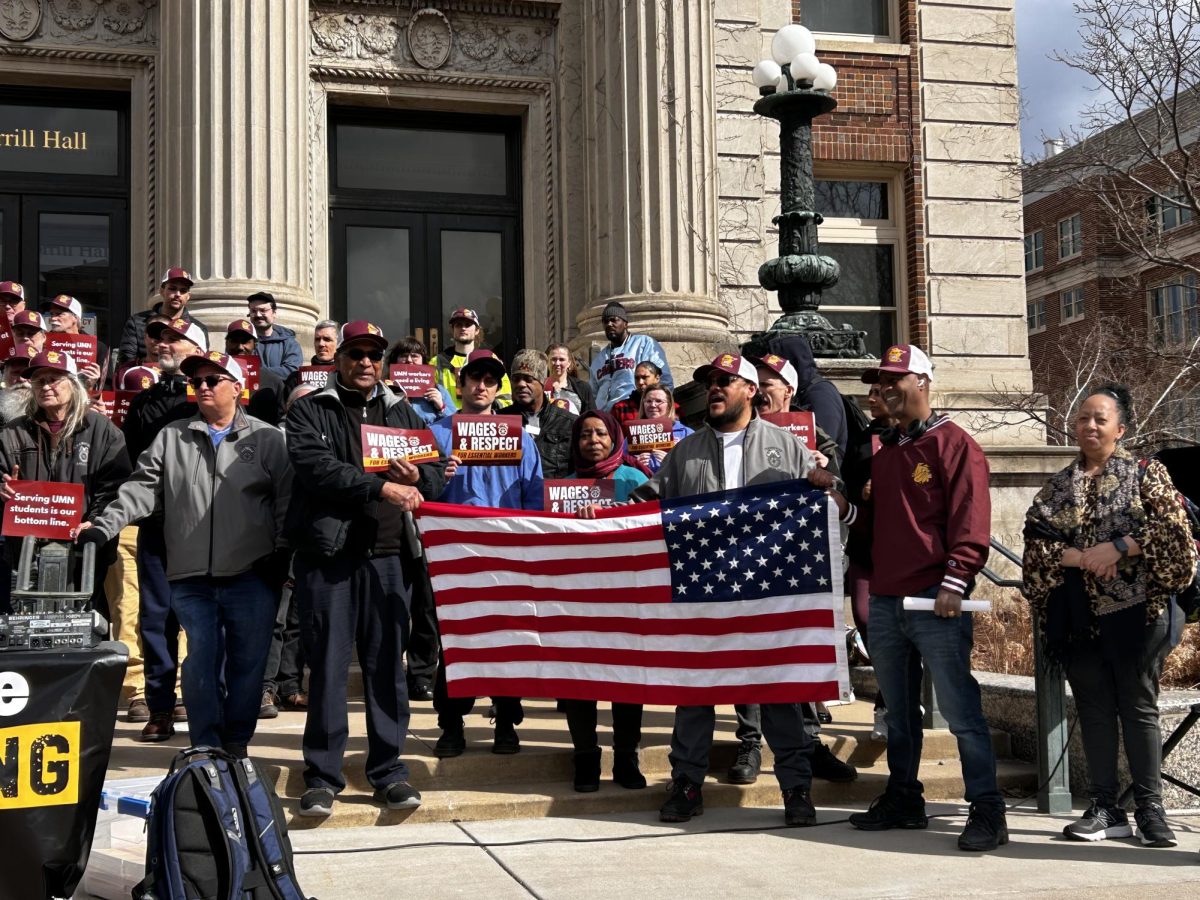The U.S. Supreme Court ruled race could no longer be used as a factor in college admissions processes on June 29, leaving higher education institutions nationwide to find new ways to diversify incoming classes.
The decision overturned two rulings for cases brought against Harvard and the University of North Carolina in lower courts and went against 45 years of precedent in favor of affirmative action. However, faculty members from the University of Minnesota said this decision did not come as a shock.
Vice Provost and Dean Robert McMaster said the Office of Admissions and Office of General Counsel had been co-leading a University effort on preparation in case this ruling was reached. McMaster said they took into account other states that had been blocking affirmative action on a state level for potential changes that would need to be made to the University’s own admissions policies.
“There have been other states — California, Michigan, Nebraska, Washington — others that already have this kind of legislation in place, and the initial impact was negative on racial and ethnic diversity,” McMaster said.
The University considers diversity broadly in its current admissions process, according to McMaster. The application, until June 29, included two types of factors: quantitative primary factors like GPA and class rank, and more broad context factors like volunteering and leadership, which is where students could mention their own experiences with race, gender, sexuality and other defining traits.
McMaster said due to the lengthy 40-page nature of the ruling, it would take the University time to consider what changes to make to their admissions processes to still allow for a diverse student body while adhering to the rules the Supreme Court set.
“Despite this ruling, the University of Minnesota maintains steadfastly committed to enrolling a diverse class,” McMaster said. “We highly value the diversity of our undergraduate student body; we’re going to continue to maintain that.”
The University’s Undergraduate Student Government (USG) president Shashank Murali said even though faculty had been preparing for the decision, the student government and student body were caught by surprise. Murali said he and his peers were disappointed by the decision.
“It’s important to understand the countless opportunities that affirmative action has given to those who have been underrepresented across our country, and this ruling definitely sets us back,” Murali said.
Murali said USG plans on working with the University administration to ensure student voices are heard and considered when making decisions on the changes to the admissions process.
“We will continue to push the University to take proactive steps to fill in the gaps that are left by the affirmative action ruling,” Murali said.
Even though there are almost five decades of precedent in favor of affirmative action, the decision was reached because the Supreme Court “decided that precedent is not something that they will necessarily respect unless it points in the direction of the policy preferences that they agree with,” said Tim Johnson, professor of political science and law at the University.
“Given what the court has done with precedent in the areas of abortion and religious freedom law in the past two terms, it was pretty clear that the six-person conservative majority was going to overturn the existing precedent dealing with affirmative action in college admissions,” Johnson said.
The precedent for this case was set by the Regents of the University of California v. Bakke case of 1978, in which the ruling justices found accepting applicants based solely on race was unconstitutional. However, the same case also found the use of affirmative action to build a more diverse class under certain circumstances was protected by the Constitution.
Johnson, who specializes in areas of study surrounding the Supreme Court, added that even though the precedent set by the 1978 case was ignored for the 2023 ruling, it was not fully overturned and can still be upheld for similar cases in the future.
“Even if those cases were overturned, the court could jump back to them. And if you have the votes on the court, which is the majority — just five over four — you can set the law the way that you would like the law to be set,” Johnson said.
The University said in a message from the Office of the Executive Vice President and Provost Rachel Croson they will continue to practice recruiting efforts that yield increased diversity on campus, which McMaster and Murali confirmed.





